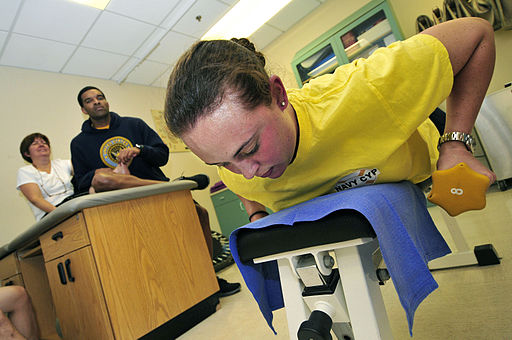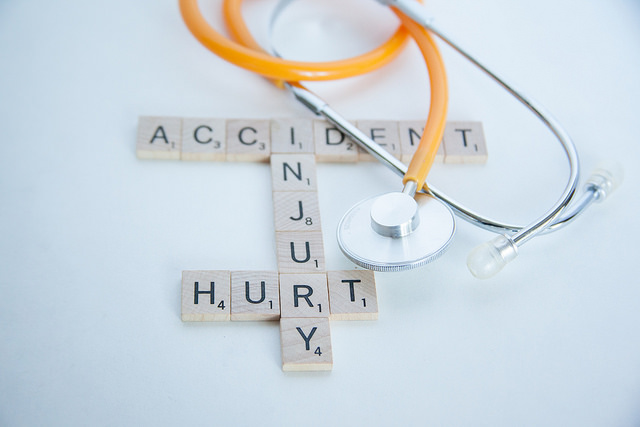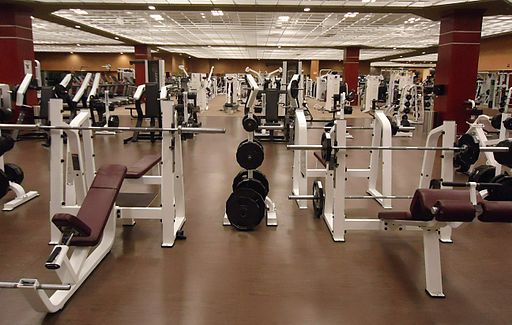A personal injury can take up a lot of time in your life. From the moment it happens, everything you do is altered. You might recover just fine in time, but even if that’s the case, it can be hugely disruptive. So, how do you make sure it doesn’t take over your life? Are you going to be compensated? Who’s responsible? And how do you get back on your feet? Hopefully, the tips we’ve collected below can help you answer those questions with confidence. Just read on and personal injury won’t make you have to put your life on hold.
1) Rehabilitating an injury
The first thing you obviously must do is seek medical attention. Regardless of how light or severe your injury may seem; you’re not qualified to make those decisions yourself. After that, it’s about rehabilitation. Particularly in sporting, there’s a lot of good advice to use on how to rehabilitate your injuries. There’s a lot of focus on ankle, shoulder, back, elbow, wrist and tendon injury which you can read about here. Do your research and you’ll easily find how to rehabilitate your own personal injury.
2) Keeping evidence of the accident
Now we come into the part about proving responsibility for the accident. If you’re not at fault, the first thing you want to do is compile evidence. You may not think of it in the heat of the moment, but try to remember the exact circumstances of the accident. If there are witnesses, get their contact details. Most importantly, get a record of all your medical visits, diagnoses and payments.
3) Seeking legal advice
Convinced that your personal injury isn’t your fault but the fault of another person or organization? You might very well be entitled to compensation. This is where that evidence collected above comes into play. Get in contact with someone who can offer you expert, like a personal injury attorney who specializes in cases like yours. Find out what your options are going forward and how you can be recompensed for the disruption to your life.
4) Staying positive
It might seem like a difficult thing to do if your injury is debilitating or particularly painful. Still, staying positive is an important step in the healing process. Get involved in other things since you’ll be off your feet for now. Getting into charity help can be an incredibly fulfilling and worthwhile way to spend your time. Using other parts of your body in workouts that don’t affect your injuries is another great way to keep busy. Exercise is always great therapy.
5) Getting back to fitness
You might have been doing some light exercises while off your feet, but once your rehabilitation is doing its job, it’s time to get back in the game. Refocusing on your fitness can be difficult after being down and out for a while. Feelings of poor health contribute to reluctance to change that. But with the right advice on how to feel better, you’ll be getting right back up to your peak.










Speak Your Mind